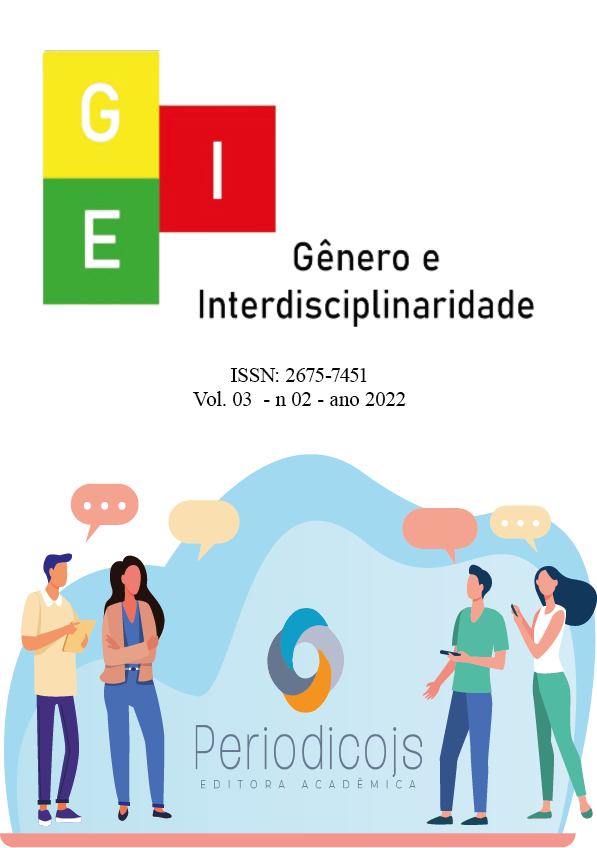Abstract
The work presented here aims to dialogue about cyberculture and the transformations that it makes possible in pedagogical practices, as well as the challenges and conflicts that permeate 21st century education. Understanding that the actions relevant to the new technologies present in cyberculture emerge as new demands of a digitally literate society, based on perspectives of mutations in education. Considering that the current context of education is permeated by the incorporation of a new methodology outlined by innovations and inquiries that resulted in a challenging path in the face of various digital impacts. Thus, we opted for a qualitative research, whose data are provided through a bibliographic research. Since, to guide the work, we will dialogue with authors such as Pierre Lévy (1999) who approaches cyberculture and the impact of technologies on the construction of collective intelligence, as well as Magda Soares (2002), who defines literacy digital: a certain state or condition acquired by those who appropriate the new digital technology and practice reading and writing on the screen. In this sense, it is worth noting that during the analysis it was possible to perceive that cyberculture places the human being in front of a sea of knowledge, where it is necessary to choose, select and filter information, to organize it into groups and communities where it is possible to exchange ideas. , share interests and create new social demands and thus overcome the difficulties of the teaching-learning process, favoring advances in education. Thus making the pedagogical doing something significant, which allows reflections and search for solutions for a new decision-making in the educational scenario of the 21st century.
References
LÉVY, Pierre. Cibercultura. Trad. Carlos Irineu da Costa. São Paulo : Ed. 34, 1999. 260 p. (Coleção TRANS)
SOARES, Magda. Letramento: um tema em três gêneros. Belo Horizonte: Autêntica, 1998.
______. Novas práticas de leitura e escrita: letramento na cibercultura. Revista Educação e Sociedade. Campinas, vol 23, n. 81, p. 143-160, dez. 2002. Disponível em:< http://www.cedes.unicamp.br.> Acesso em: 12 jul. 2014
FOUNI, Leda V. Adultos não alfabetizados: O avesso do avesso. Campinas: Pontes, 1988.
SOFFNER, Renato K. As tecnologias da inteligência e a educação como desenvolvimento humano. Campinas: UNICAMP (Tese de Doutorado), 2005





